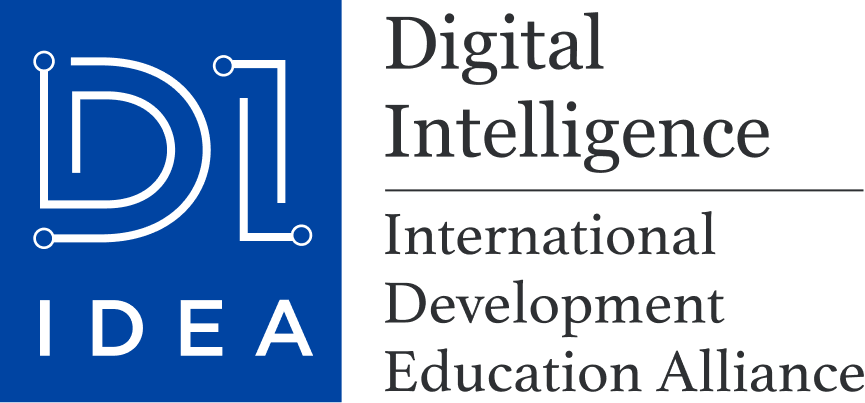UM-PKU Institute for Teaching Innovation
The "New Teachers' Excellence in Teaching Program" - PKUnet provides digital professional development training for young faculty members at universities in central and western China. It is dedicated to strengthening professional ethics and conduct among teachers, enhancing their ability to integrate ideological and political education into courses, and introducing the latest teaching philosophies. The program helps young educators learn fundamental theories of pedagogy, master effective teaching methods, improve their competence in university classroom instruction, and comprehensively enhance their digital literacy.
The training team is primarily composed of experts and scholars from Peking University, with additional participation from scholars at world-class universities, forming a robust and international teaching team. Among these institutions, the University of Michigan has maintained close cooperation with Peking University. Its Center for Research on Learning & Teaching (CRLT) has co-hosted five collaborative symposia with Peking University online, jointly focusing on the advancement of Digital Intelligent Education.

15
Lectures
1
Panel
36
Invited Experts
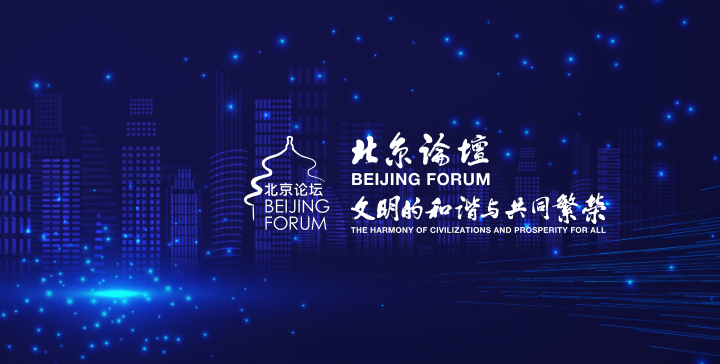
Beijing Forum
The Beijing Forum, an international academic event, has been held annually since 2004. It is sponsored by the Beijing Municipal Government and is overseen by the Ministry of Education of the People’s Republic of China. The Beijing Forum is co-sponsored by Peking University, Beijing Municipal Education Commission, and the Chey Institute for Advanced Studies.
The Beijing Forum prides itself on being international, academic, and impactful. For the past 20 years, more than 7,000 distinguished dignitaries and scholars from around the world have convened in Beijing for the Forum, demonstrating its importance and significance.
The theme chosen for the first Beijing Forum, “The Harmony of Civilizations and Prosperity for All,” has been retained as the overarching theme for each succeeding forum, which is a testament to the event’s unwavering advocacy of harmony and prosperity for all members of the global community. To supplement and refine the discussion, a sub-theme related to the overall concept of global peace and prosperity is chosen each year.
The Global Digital Intelligence Education Innovation Competition
In response to the new opportunities and challenges presented by the digital intelligence era to global higher education, Peking University has collaborated with nearly 30 universities worldwide to establish the Digital Intelligence International Development Education Alliance (DI-IDEA). Pursuant to the arrangements made by the Alliance, we are pleased to announce the launch of Global Digital Intelligence Education Innovation Competition.
This competition aims to enhance communication and collaboration among member universities of the Alliance and extend these interactions to include other universities worldwide. Through this competition, we seek to promote teaching and learning and explore new paradigms for the nurturing of innovative talent for the digital intelligence era.
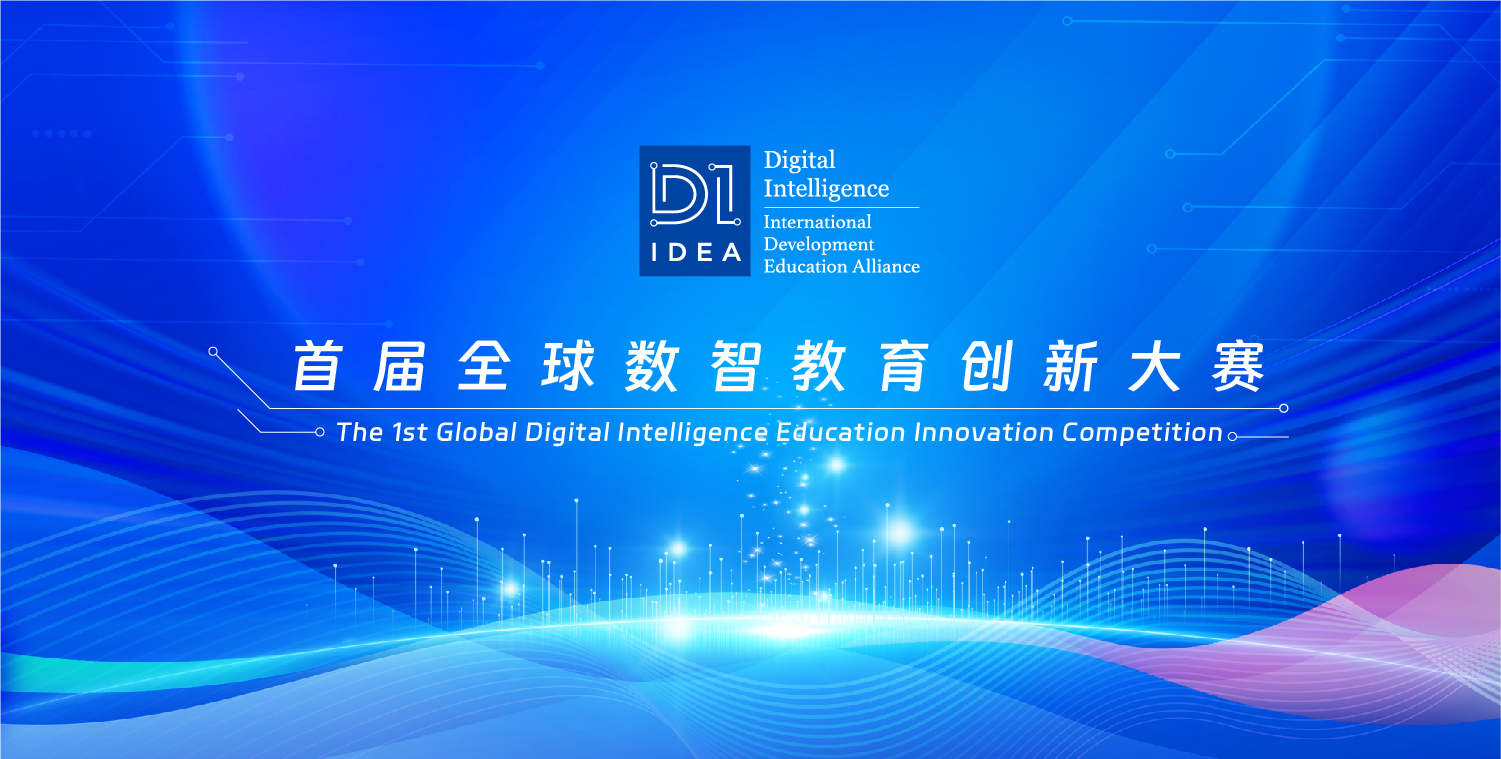
Tuesday 25 June
Dates
Dalian
Location

Future Talents: Higher Education Powered by Digital Intelligence
On the morning of June 25, Premier Li Qiang of the State Council attended the opening ceremony of the World Economic Forum Annual Meeting of the New Champions 2024 in Dalian and delivered a speech. Polish President Andrzej Duda and Vietnamese Prime Minister Phạm Minh Chính also attended the opening ceremony and delivered speeches. Over 1,700 representatives from more than 100 countries and regions were present at the meeting.
During the annual meeting, a high-level forum titled “Future Talents: Higher Education Powered by Digital Intelligence” was held, co-hosted by Peking University, the Digital Intelligence International Development Education Alliance (DI-IDEA), and the Beijing Forum. Participants included: Gong Qihuang, President of Peking University, Academician of the Chinese Academy of Sciences, and Chairman of DI-IDEA; Tony F. Chan, President of King Abdullah University of Science and Technology; S. Joe Qin, President of Lingnan University in Hong Kong; Thatchavee Leelawat, Vice President of Mahidol University in Thailand; Duan Huiling, Dean of the College of Engineering at Peking University and Academician of the Chinese Academy of Sciences; Amakobe Sande, Representative of UNICEF in China; Paul Denny, Professor at the University of Auckland in New Zealand; Qiu Zeqi, Professor at Peking University; Song Junbo, Founder and CEO of Beijing EEO Education Technology Co., Ltd.; Zhang Linfeng, Founder and Chief Scientist of Beijing DP Technology Co., Ltd.; Sun Weijie, CEO of Beijing DP Technology Co., Ltd.; and Sun Hua, Director of the Office of the Provost and the Center for Excellent Teaching and Learning at Peking University, and Secretary-General of DI-IDEA. The forum was moderated by Zhang Ying, Associate Dean of the Guanghua School of Management at Peking University and Deputy Secretary General of DI-IDEA.
In his speech, Gong Qihuang emphasized the reshaping effect of digital intelligence technologies on higher education. He noted that this year is Peking University’s “Year of Disciplinary Quality,” and introduced a series of measures taken by the university to optimize the teaching and learning environment, cultivate interdisciplinary talents, and enhance international cooperation and exchange. Gong Qihuang welcomed more universities from around the world to join DI-IDEA to jointly explore digital governance methods, address the major challenges facing humanity in this era of change, and provide academic support and policy recommendations to enhance human well-being.
The roundtable discussion was divided into two sessions, both moderated by Zhang Ying. The first session focused on “Industry-Academia-Research Collaboration in the Age of Artificial Intelligence.” Qin Sizhao, Duan Huiling, Song Junbo, and Zhang Linfeng discussed new pathways for industry-academia-research collaboration in the age of artificial intelligence and shared their insights on using AI to drive educational innovation and industrial development. Qin Sizhao pointed out that education in the age of artificial intelligence should cultivate higher-order thinking skills in students. Duan Huiling stated that the development of Peking University’s distinctive new engineering disciplines should be integrated with the progress of digital technologies such as artificial intelligence, and that students should be encouraged to innovate with a humanistic spirit. Song Junbo noted that the integration of AI in scientific applications and industrial production has transcended single scenarios and problems, driving the cultivation of interdisciplinary talents and the construction of interdisciplinary platforms. Zhang Linfeng argued that the emergence of new disciplines and ways of working in the digital age is changing traditional division of labor and collaboration models, and calls for a rethinking of educational goals and methods.
The second session focused on “Opportunities and Challenges in Higher Education.” Tony F. Chan, Thatchavee Leelawat, Paul Denny, and Qiu Zeqi highlighted the endless possibilities that the digital age brings to higher education from different perspectives and deeply discussed the challenges that come with it, proposing a series of thought-provoking views and suggestions on how to cultivate future talents capable of adapting to this era of change. Tony F. Chan introduced Saudi Arabia’s strategic contributions in investing in future technologies, educational research, and talent development. Thatchavee Leelawat emphasized the importance of infrastructure development for Mahidol University to become a digital university. Paul Denny mentioned the potential of generative AI in creating new teaching methods and cultivating unprecedented skills, as well as the importance of sharing these teaching practices within international alliances. Qiu Zeqi stressed that artificial intelligence needs to support human-centered education and cultivate higher-order thinking skills.
This high-level forum is an important annual meeting of DI-IDEA, aimed at promoting in-depth discussions among member universities and enterprises on the impact of artificial intelligence on teaching, education, and industry-academia-research integration. It seeks to jointly explore the major challenges of talent cultivation in this era of change and provide strong academic support and policy consultation for future talent development.
Additionally, the first Global Digital Intelligence Education Innovation Competition, hosted by DI-IDEA, was officially launched at this high-level forum. Sun Hua introduced the basic information of the competition, which will explore the integration of industry and education through five tracks. Five academicians, including E Weinan, Zhang Pingwen, Zhang Jin, Duan Huiling, and Gong Jianya, will provide guidance for the competition. The awards ceremony for the competition will be held at the Beijing Forum on November 1.
Guide to the Boundaries of AI Applications in Higher Education 1.0
DI-IDEA sets standards to foster the healthy development of digital intelligence education from the perspectives of ethical norms and usage boundaries. These standards draw from academic guidelines for AI-generated content (AIGC) provided by international organizations and prestigious universities. They outline a framework of fundamental principles for the ethical application of technologies in education and promote consensus among universities and research institutions regarding their application.
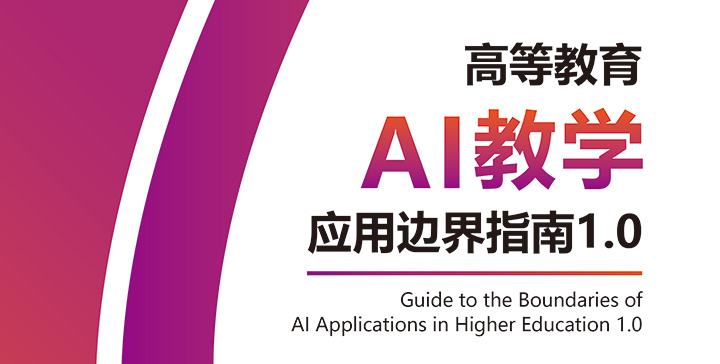
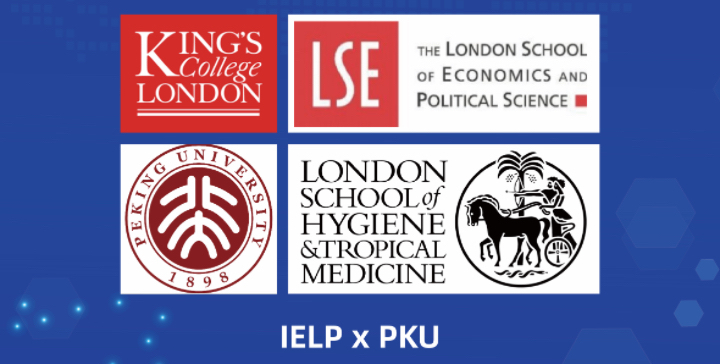
The International Education Leadership Programme
The International Education Leadership Programme (IELP) for the academic year 2024-25 is a collaborative initiative among four prestigious research-intensive institutions.This program aims to explore how to nurture education leaders with a global perspective and to promote the high-quality development of higher education institutions in the digital intelligence era.
Overview:
The International Education Leadership Programme (IELP) for the academic year 2024-25 is a collaborative initiative among four prestigious research-intensive institutions, including King's College London,The London School of Economics and Political Science, London School of Hygiene and Tropical Medicine, and Peking University, with plans to invite additional European universities to join subsequently.
Target:
This program aims to explore how to nurture education leaders with a global perspective and to promote the high-quality development of higher education institutions in the digital intelligence era. IELP enhances leaders’ strategic planning and execution skills through online discussions, in-person workshops, and exchanges with international universities. It also seeks to optimize the academic research and teaching environments of higher education institutions and to strengthen education leaders’ capacity to address challenges.
DI-IDEA Global Class
Launched in the fall of 2021, Peking University Global Open Courses Program is now open for application for the 2024 Spring semester! Under this program, selected Peking University offline courses are offered to overseas college students to attend synchronously with PKU students. We welcome international college students to join online with their offline PKU peers in this program!

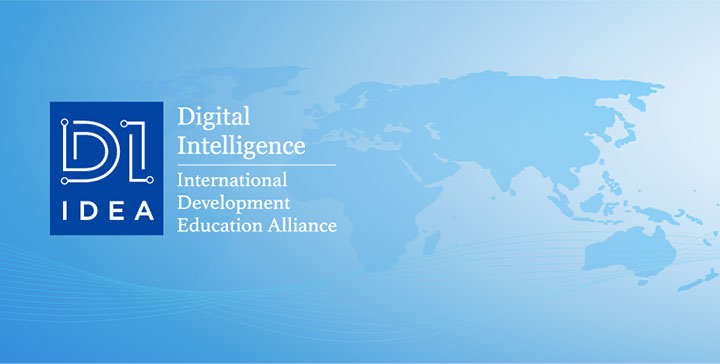
DI-IDEA Hub
The DI-IDEA Hub for digital intelligence education is designed to foster collaborative creation and sharing of digital intelligence education and research outcomes. The hub provides a permanent, globally accessible repository for teachers’ reports and educational resources. It also hosts collections generated and curated by specific interest groups, communities, and educational organizations.
Digital Intelligence Training Series for Teachers
We organize teacher training for DI-IDEA members to enhance the digital intelligence capabilities of disciplinary leaders, front-line teachers, and administrative staff.

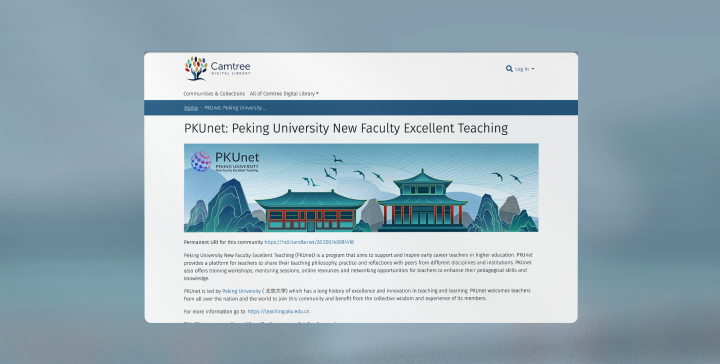
PKUnet-Camtree
Peking University New Faculty Excellent Teaching (PKUnet) is a program that aims to support and inspire early-career teachers in higher education. PKUnet provides a platform for teachers to share their teaching philosophy, practice and reflections with peers from different disciplines and institutions. PKUnet also offers training workshops, mentoring sessions, online resources and networking opportunities for teachers to enhance their pedagogical skills and knowledge.
